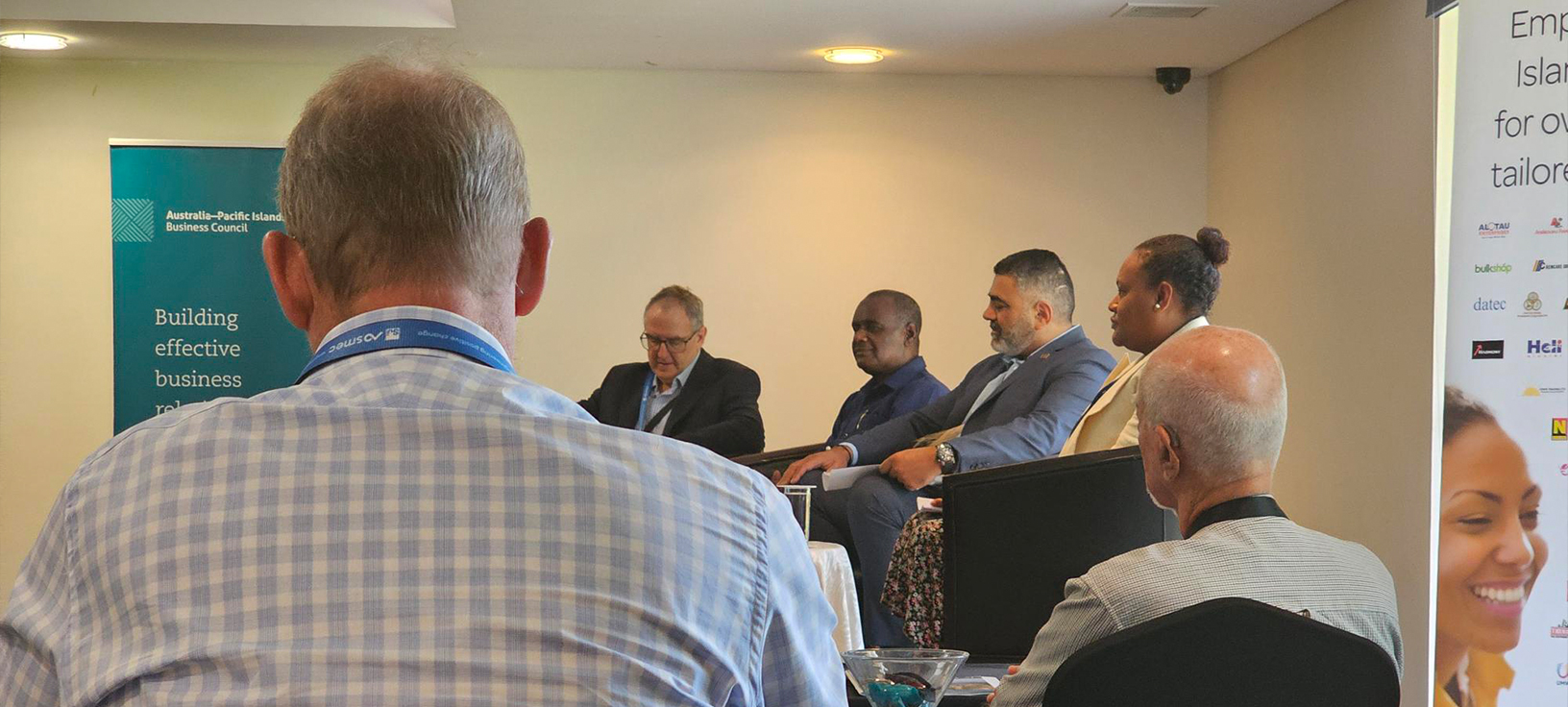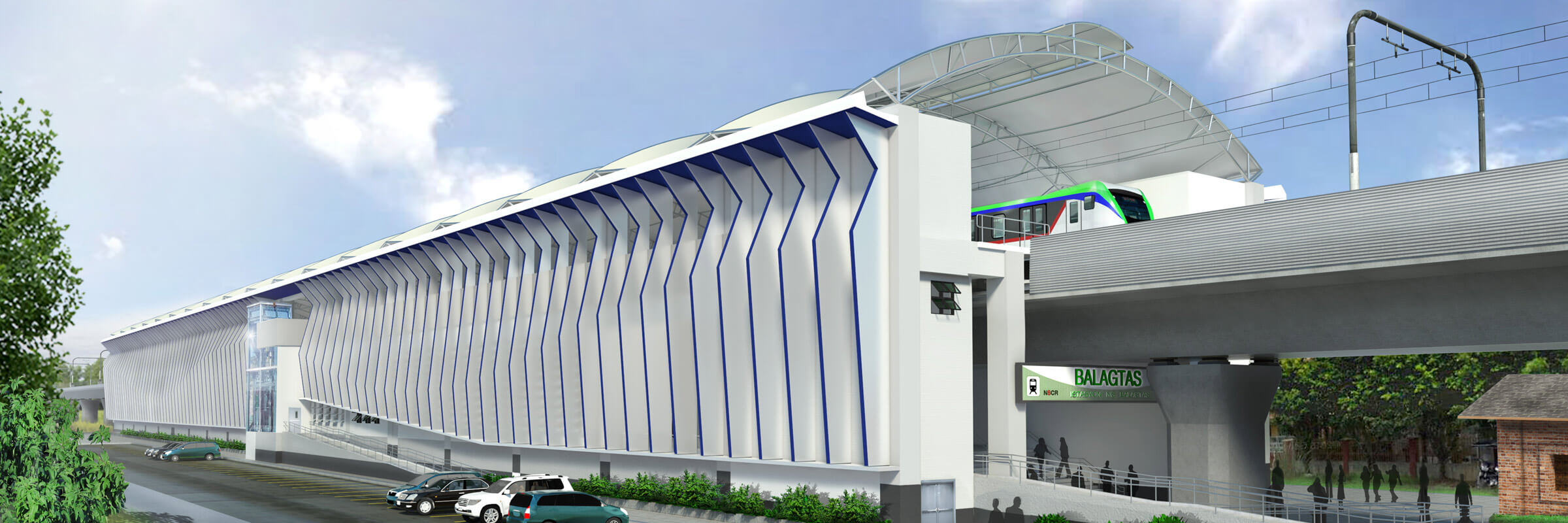

SMEC has consulted on key infrastructure projects funded by the ADB and the World Bank, contributing to transport, maritime, and water sectors across the Solomon Islands. These initiatives include the Sustainable Transport Improvement Infrastructure Project (STIIP), the Transport Sector Flood Recovery Project (TSFRP), and the Solomon Islands Road & Aviation Project (SIRAP 1).
 Solomon Islands Road & Aviation Project (SIRAP 1)
Solomon Islands Road & Aviation Project (SIRAP 1)
 Transport Sector Flood Recovery Project (TSFRP)
Transport Sector Flood Recovery Project (TSFRP)
SMEC has also contributed to water supply, sanitation, and local employment initiatives through projects such as the Urban Water Supply and Sanitation Sector and the Bina Harbour Tuna Processing Plant.
Strengthening Local Engagement and Workforce Capacity
SMEC is exploring membership with the Solomon Islands Chamber of Commerce and Industry (SICCI) to strengthen partnerships and align its services to local needs. This membership would help connect with local businesses and investment opportunities, paving the way for project development in key national sectors.
International funding and technical expertise from firms like SMEC are essential in supporting local infrastructure development. SMEC’s involvement in the forum underscores its commitment to delivering impactful projects and contributing to the development of the Solomon Islands through capacity-building initiatives that directly benefit the local population.
The forum revealed opportunities for SMEC to diversify its portfolio and engage in small and medium-scale design and construction supervision, positioning the company as a trusted partner for local businesses and international donors.
Driving Sustainability and Long-Term Growth

The forum highlighted the need for skilled labor in the Solomon Islands, as many local workers hired by civil contractors require training to meet the demands of modern infrastructure projects. SMEC is ideally positioned to collaborate with local government ministries and businesses to offer short training programs providing workers with the technical expertise needed for projects like road construction and renewable energy installations.
Sustainability was a central focus of the forum, with discussions emphasising how businesses and stakeholders can foster long-term growth that benefits both the environment and the community. SMEC is uniquely positioned to support these goals through its expertise in renewable energy and sustainable infrastructure development, helping to drive lasting, positive impacts.
Partnerships between local businesses, international companies, and donors are crucial for sustainable development and engineering positive change. SMEC aims to engage in projects that prioritise sustainability, offering innovative, eco-friendly infrastructure designs, and supporting local initiatives that protect the environment while enhancing community well-being.
With a practical vision for a sustainable future, SMEC challenges boundaries to deliver solutions that help connect, move, and power people and communities. SMEC is well-positioned to lead in the Solomon Islands’ development through capacity building, and sustainability while continuing to seek partnership and innovation for the long-term prosperity of the Solomon Islands and the broader Pacific region.
 Engineering positive change: delivering community-centric infrastructure in rural Africa
Engineering positive change: delivering community-centric infrastructure in rural Africa
Across the vast and diverse landscapes of rural Africa, many communities face significant barriers to accessing essential infrastructure. Limited access to clean water, sanitation, reliable transportation, and consistent energy supply impedes daily life, and deepens existing inequalities.
 A Sustainable Approach to Reservoir Management: Advanced Sediment Yield Forecasting Using SWAT
A Sustainable Approach to Reservoir Management: Advanced Sediment Yield Forecasting Using SWAT
Reservoir sedimentation is a growing concern for water resource managers and hydropower projects, as it diminishes water storage capacity, affects water quality and poses long-term challenges for operational efficiency.
 Building Partnerships for Sustainable Growth in the Solomon Islands
Building Partnerships for Sustainable Growth in the Solomon Islands
The Solomon Islands, an archipelago of nearly 1,000 islands, is emerging as a promising destination for investment in the Pacific.
 Hydropower in ASEAN: A Growing Force in the Energy Mix
Hydropower in ASEAN: A Growing Force in the Energy Mix
Southeast Asia is poised for a hydropower transformation, with countries committing to significant capacity increases. According to the 2024 World Hydropower Outlook, Indonesia plans to expand its hydropower capacity from 6.7 GW to 72 GW by 2070.




